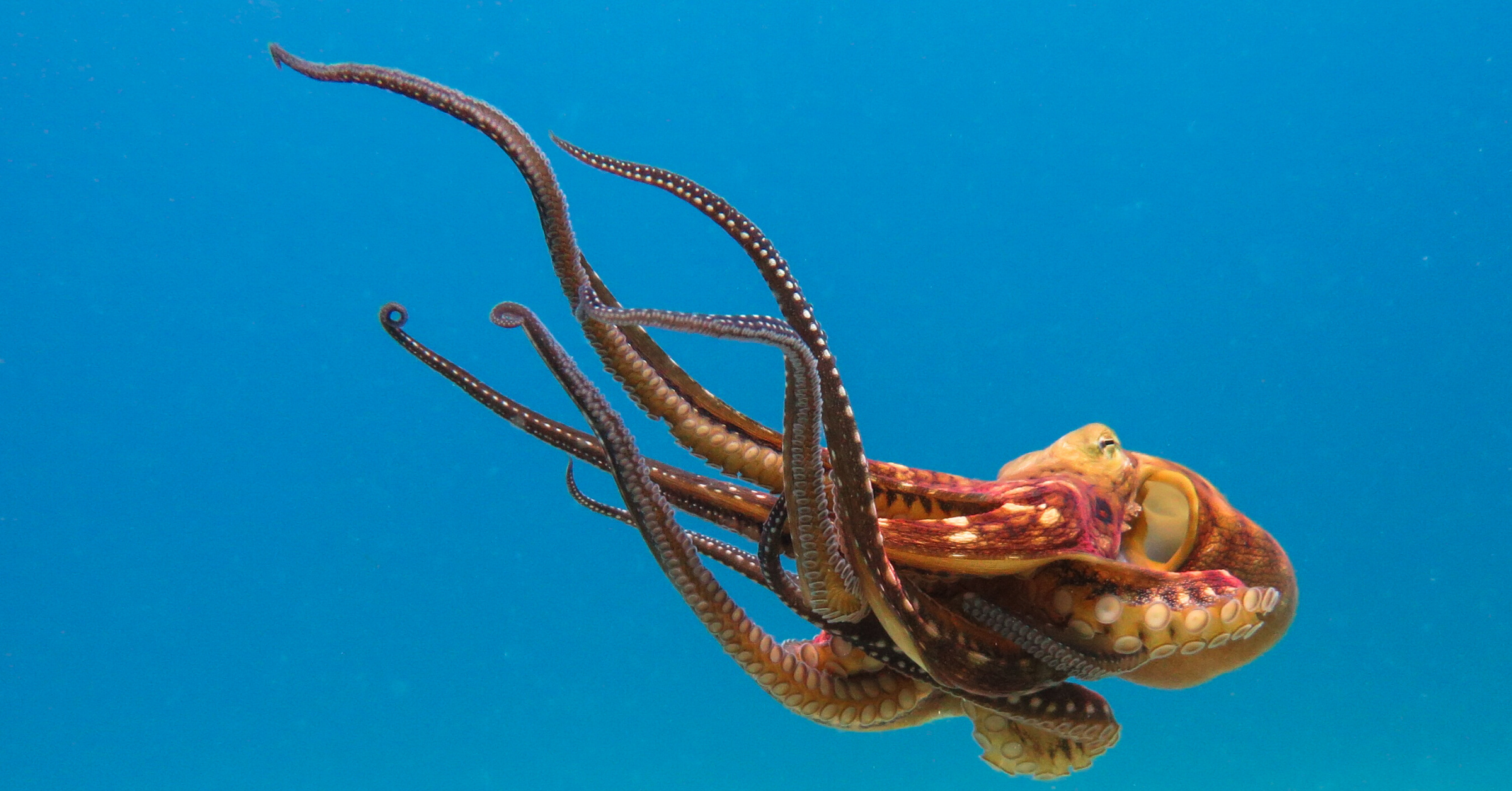Cephalopods—animals like octopus and squid—are not included in the definition of “animal” at the National Institutes of Health (NIH).
You read that correctly: the NIH spends billions of our tax dollars on animal experiments each year and they don’t even know what animals are. With help from Harvard Law School’s Animal Law & Policy Clinic, we aim to change that.
Harvard’s Law Clinic has submitted on our behalf a petition asking the NIH to include cephalopods—octopus, squid, and cuttlefish—among the “animals” entitled to humane treatment by animal experimenters receiving our tax dollars.
A coalition of organizations and scientists—including the the Physicians Committee for Responsible Medicine; the American Anti-Vivisection Society; the Humane Society of the United States; the Humane Society Legislative Fund, Jennifer Jacquet, PhD; Becca Franks, PhD; Judit Pungor, PhD; Jennifer Mather, PhD; Peter Godfrey-Smith, PhD; Lori Marino, PhD; Greg Barord, PhD; Carl Safina, PhD; Heather Browning; and Walter Veit—have joined us in this effort.
Like most animals, cephalopods feel pain and suffer. They rely on learning throughout their lives and avoid anything that will cause them discomfort.
Here’s what our Executive Director, Nathan Herschler, had to say:
